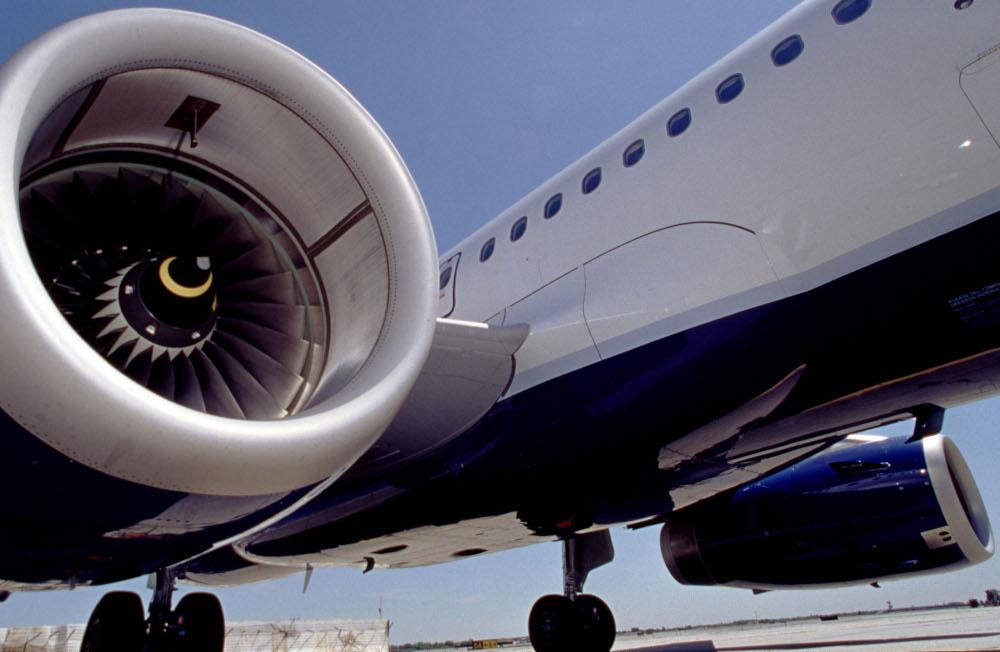
The market value and base values for the V2500 engine remain strong in 2023.
Aviation intelligence specialists at IBA have revealed that new generation narrowbody engine base values have risen in response to cost escalations after price stability through the pandemic.
The Leap-1A26 had a base value of $9.36 million in 2019 and this had reached $11.9m in 2023. The Leap-1B27/CB2/28’s base value of $10.53m in 2019 increased to $13.098m in 2023. The base value to market share ratio is the exact same for both 2019 and 2023.
Both the CFM Leap and Pratt and Whitney GTF engines have seen escalations in value this year to reflect an increase in the stack costs and the shop visit costs.
Jamie Davey, manager – commercial engines at IBA states in a webinar that the market for both of these engines is strong with the Leap powering the A320neo having a slight edge currently with 55% market share.
He says the Leap-1B, the sole engine option for the Boeing 737 Max is performing above expectations from operators.
“We are hearing that operators such as Ryanair had gone on record saying they had hoped to see 16% fuel burn savings, but they have in fact seen more than that. So, Ryanair are very pleased with their engine options at the moment,” comments Davey.
As IBA observed, the P&W1100G is seeing high demand, although it is still lagging behind the Leap-1A.
The one to watch in the coming year will be P&W’s Advantage upgrade for the engine, he says. “I believe it was due to come out in 2023, but it's now more likely towards 2024 and the advantage upgrade should have some fuel burn advantages. And another key benefit is that it is interchangeable as well,” notes Davey.
The first wave of shop visits for the new engines are not due until towards the end of the decade but Davey highlights some industry whispers concerning time on-wing issues in comparison to the previous generation engines.
“The fuel burn advantages does overtake time on-wing issues, it is something the industry will need to look at as these engines begin to mature more, whether or not the on-wing performance outweighs the previous generation of engines,” he says.
IBA observes that current generation engines are recovering at a slower rate, whilst a value delta remains between older engine variants and lease rates are lagging for A320ceo engines.
Lease rates for the popular CFM56-7B engine have nearly recovered to pre-pandemic levels which were at U$73,000 per month in 2019 and are now at $72,000 in 2023.
As Davey indicates, the CFM56-7B fitted to the 737NGs continues to be reliable and the time on-wing performance has exceeded expectations for operators, and the lease rates have been positive –“That’s in part due to the North American market that was able to recover quite quickly,” he says.
Looking at the V2500 engine powering the A320ceo, the market value and base values are still very strong and Davey attributes this to the airworthiness directive (AD) issued last year.
The AD led to a large number of engines forced into the shop by Pratt and Whitney, which in turn caused a short term spike in lease rates and values and particularly the SelectOne engines.
Davey is keen to see how the demand for delayed shop visits plays out in the next few years on current engines. “There is going to be a spike in demand and we expect to see the pressures on MRO services as they try to facilitate these narrowbody engines going through their shop.”


